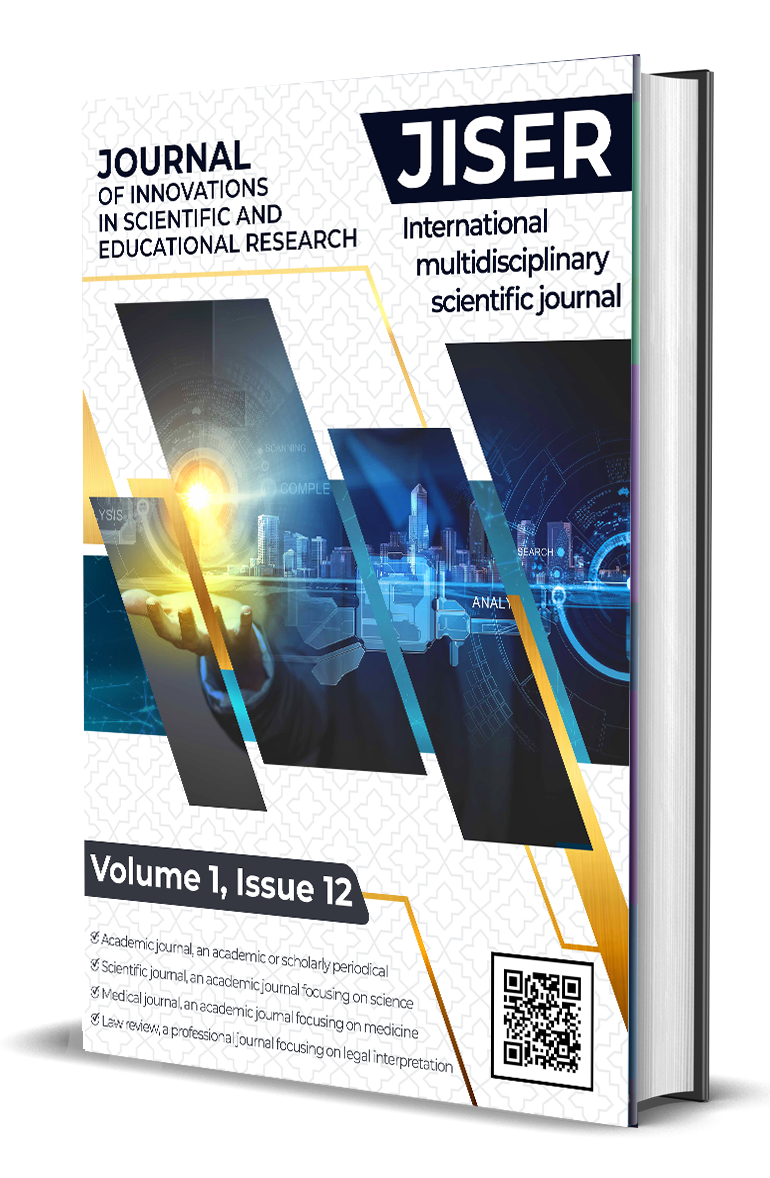THE INFLUENCE OF JUST-IN-TIME METHOD ON LANGUAGE LEARNING PROCESSES
Ключевые слова:
Just-In-Time, language learning, educational technology, student engagement, instructional content, mixed-methods, learning outcomes, motivation, adaptive learning, active participationАннотация
This paper investigates the influence of the Just-In-Time (JIT) method on language learning processes. The JIT method, derived from manufacturing, is adapted to education to deliver instructional content precisely when needed. This approach enhances student engagement and improves learning outcomes by making learning more relevant and immediate. The study employs a mixed-methods design, combining quantitative surveys and qualitative interviews with students and educators. Results indicate that the JIT method significantly boosts motivation and active participation in language classes. Students reported higher retention of language concepts due to timely content delivery. Educators observed increased interaction and deeper understanding among learners. The research highlights the method’s benefits, including flexibility and adaptability to individual learning needs. However, challenges such as the need for continuous monitoring and access to adaptive technologies are noted. The findings suggest that the JIT method has great potential to transform traditional language learning approaches, making them more effective and engaging.Библиографические ссылки
Just, M. A., & Carpenter, P. A. (1980). A theory of reading: From eye fixations to comprehension. Psychological Review, 87(4), 329-354. doi:10.1037/0033-295X.87.4.329
Brown, H. D. (2007). Principles of Language Learning and Teaching (5th ed.). White Plains, NY: Pearson Education.
Vygotsky, L. S. (1978). Mind in Society: The Development of Higher Psychological Processes. Cambridge, MA: Harvard University Press.
Womack, J. P., Jones, D. T., & Roos, D. (1990). The Machine That Changed the World. New York, NY: Free Press.
Goda, Y., Yamada, M., Matsukawa, H., Hata, K., & Yasunami, S. (2013). Effects of feedback timing on learning achievement and motivation in web-based language learning. Educational Technology Research and Development, 61(4), 627-633. doi:10.1007/s11423-013-9302-7
Richards, J. C., & Rodgers, T. S. (2014). Approaches and Methods in Language Teaching (3rd ed.). Cambridge: Cambridge University Press.
Kumaravadivelu, B. (2003). Beyond Methods: Macrostrategies for Language Teaching. New Haven, CT: Yale University Press.











